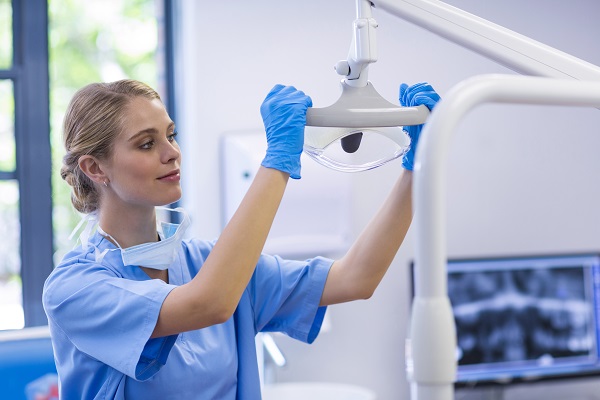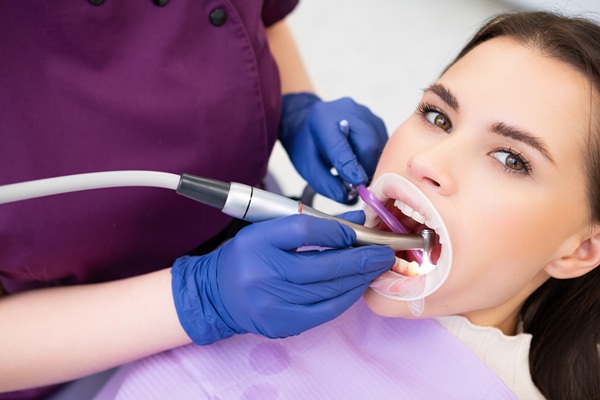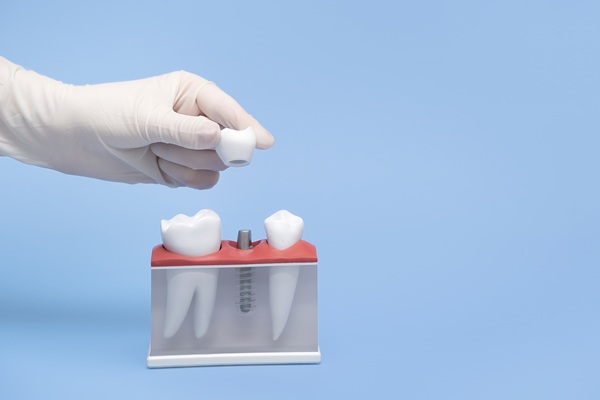Will I Need X-rays at My Family Dentist Check-Up?

Periodic X-rays are an important component of a dental check-up performed by a family dentist. However, most patients do not require such tests at every visit. Whether a patient receives an X-ray at a check-up depends upon the age of the patient, past dental issues, lifestyle habits, and how long it has been since the patient last had X-rays performed.
Dental X-rays
Dental X-rays are an important component of dental exams because not all oral health issues are visible to the naked eye. Decay below the gum line or between teeth, issues with the roots of the teeth, bone loss, abscesses, tumors, unerupted permanent teeth, and decay that exists below dental work can be difficult to detect without an X-ray.
How often should X-rays be taken?
The ADA recommends that adults with no major dental problems receive X-rays once every two to three years. They may be required more frequently for patients who fall into certain higher-risk groups:
- Children and adolescents may need X-rays every 12 to 24 months to observe the development of permanent teeth. Additionally, those with a history of cavities may need them every six to 12 months to check for decay.
- Adults who have crowns, implants, fillings, or bridges should have X-rays every 12 to 18 months to check for decay or cavity buildup that may not be visible underneath dental work.
- Patients with periodontal disease may need more frequent X-rays to check for bone loss.
- People with dry mouth and tobacco users are at higher risk for cavities and bone loss and should be X-rayed every 12 to 18 months.
What happens during an X-ray?
Dental X-rays are a painless procedure that usually only takes a few minutes to perform. The patient is covered with a lead apron to protect the body from radiation. The technician or family dentist then takes one ore more pictures of the mouth.
Are X-rays safe?
Radiation exposure can damage the tissues and cells of the body and contribute to the development of some types of cancer. However, patients are exposed to a very small dose of radiation during dental X-rays, and modern digital versions use even less radiation than the traditional type.
Can a patient refuse X-rays?
Patients have the right to refuse unwanted medical care. However, some dental procedures require the use of X-ray images to be performed safely. If a patient has concerns about safety or special needs due to anxiety or other conditions, it is recommended that the patient discuss diagnostic options with the dentist.
Conclusion
While X-rays do not usually need to be performed at every dental check-up, they are an important diagnostic tool. All radiation exposure carries some risk, but the risk associated with dental X-rays is extremely low compared to the substantial benefits provided by the use of this tool. Patients with concerns about receiving X-rays should discuss those concerns with the family dentist to determine whether alternate diagnostic or treatment methods are available.
Request an appointment here: https://smilesdental.com or call Smiles Dental Care at (650) 563-1180 for an appointment in our Mountain View office.
Check out what others are saying about our services on Yelp: Read our Yelp reviews.
Recent Posts
A new dental filling restores tooth structure, and smart aftercare helps it last. Understanding the importance of care and maintenance after you get a new filling can significantly improve your dental health and overall well-being. The following tips can help you maintain optimal oral hygiene to protect and extend the lifespan of your dental fillings. Patients…
Getting tooth implants is not the final phase of an implant restoration procedure. The stage is simple, but the recovery period can be uncomfortable. This part of the implant process is the time for the mouth heals and fuses to the implant post. The following guide covers what to expect during recovery and the steps…
A gentle dentist offers quality dental care with a focus on comfort. They strive to make dental visits feel less stressful and more supportive so that patients of all ages feel relaxed in the dental chair. By using clear communication and patient-friendly techniques, even routine cleanings and restorative treatments can feel easier to manage.Many people…
An implant crown is made of strong and safe materials to give the patient a reliable long-term replacement option for missing teeth. If you have questions about the materials used to make an implant crown, this review can help you understand what exactly each component is made of and why dentists use these particular materials.There…


